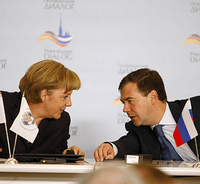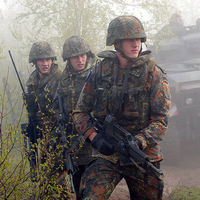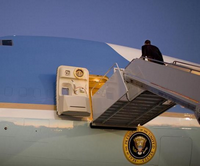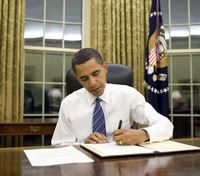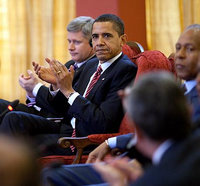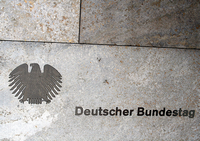
When the Berlin Wall fell 20 years ago, the event’s historic significance was immediately obvious. A divided Germany had been both the linchpin of the agreements sealed at Yalta and Potsdam in February and July of 1945, respectively, and the central fault line of the divided European continent they created. In what amounted to a recasting of some 300 years of European history, post-War European affairs were conducted under the umbrella of opposing blocs, and peace was based on nuclear deterrence. With the Wall gone, the Cold War political order was swept away. Less than one year later, a reunified […]

